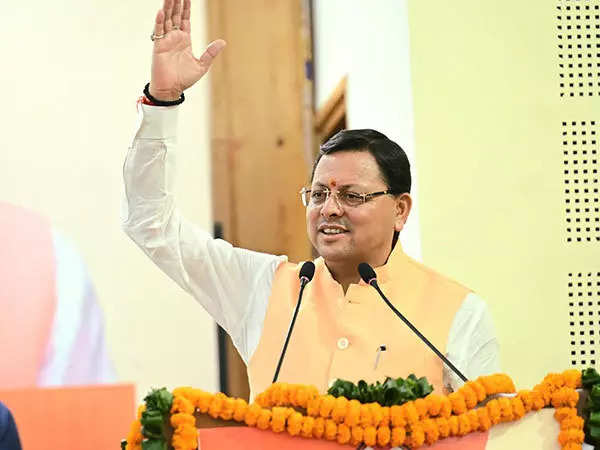
THE Department of Energy (DoE) said that, together with the Department of Science and Technology (DoST), it is exploring the use of hazard-related data from the GeoRisk Philippines Initiative (GeoRisk) with the use of artificial intelligence (AI).
According to DoST Secretary Renato Solidum Jr., the data can be used to help assist possible investors where to plan and put up their energy infrastructures in order to avoid the path of natural disasters as much as possible."The purpose of the GeoRisk is to gather all the weather and climate data as well and together with our AI project that can advance weather predictions, this will be very good for power plants and transmission lines," Solidum said during a discussion with DoE officials on April 3, 2024.The GeoRisk Philippines Initiative is a multi-agency initiative led by the Philippine Institute of Volcanology and Seismology (PhiVolcs), funded by the DoST and monitored by the Philippine Council for Industry, Energy, and Emerging Technology Research and Development from 2018 to 2020.The possible use of hazard-related data is part of the DoE's goal to make things easier for investors, as they are looking to automate the process of mapping and labeling potential renewable energy (RE) sites in the Philippines, as right now, the agency said it takes time for them to reply to these various expressions of interest.
The DoE initially plans to use the Renewable Energy Trust Fund (RETF) to pay for this, as they aim to incorporate technology into a related planned system with the help of the DoST.
The RETF is a fund that will be exclusively used, among others, to finance research and development (R&D), demonstration, and promotion of RE systems by qualified R&D institutions engaged in RE studies or undertaken jointly through public-private sector partnerships, including a fellowship for energy studies.On April 3, 2024, the DoE and DoST signed a memorandum of agreement to collaborate on research projects aimed at enhancing the efficiency, affordability and scalability of RE technologies in the Philippines, which will utilize the RETF. Read The Rest at :




